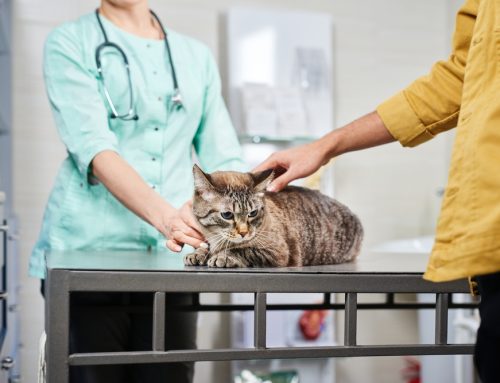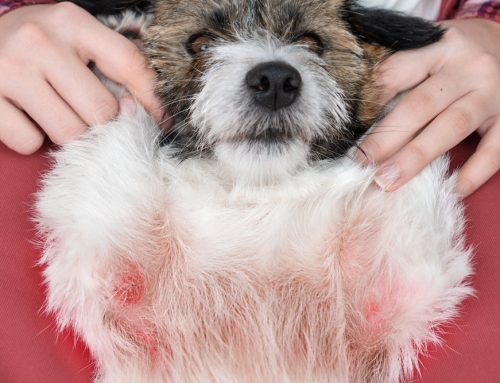Bringing your new puppy or kitten to the vet.
Yay! A new household member, so exciting!
So, now that you have made the decision to add this little one to your family, you might be thinking about the first visit to the veterinarian. Great! Here are some things to consider:
- Come in sooner rather than later. You might have explicit, clear-as-crystal directions from the shelter, rescue or breeder about heath care needs. Or it might be clear as mud. Either way, we want to see you soon after you get your new addition. Establish the relationship with us, let us walk you through the recommendations for the first few months of life. Even if we don’t do vaccines at the first visit, we will have a lot to talk about. And, of course, we will do a good, thorough examination.
- Bring poop. Poop is great, we love poop. Bring a sample that is less than 24 hours old. We will send it out to the laboratory, where they will do a set of procedures designed to identify any intestinal parasites or parasite eggs. These intestinal parasites are very common in puppies and kittens, but they might not cause any overt signs. Not all parasites are visible to the naked eye, and many can cause significant harm to puppies and kittens (and even to people!) so a good fecal exam is critical.
- Bring papers. Any papers that the breeder, rescue, or shelter gave you are very helpful to us- we can see what has been done, and plan out what needs to be done. This can save everyone time and hassle.
- Bring questions. Puppies and kittens are cute, and easily distract us all during the time we have in the office. Having a list of questions to walk through can keep us all on track.
- Bring answers. Yep. We will ask questions of you- what brand of food you’re feeding, whether you are crate training, whether you are planning to go to behavior classes- all sorts of questions.
- Be prepared for follow up. Generally, we will want to see puppies and kittens in for an examination and booster vaccinations every 3-4 weeks until they are over 4 months old. If you have adopted an older pet, we may still want you to come back for a series of exams and vaccines. We will decide what is best for each pet, and will work with you on the timing.









Leave A Comment